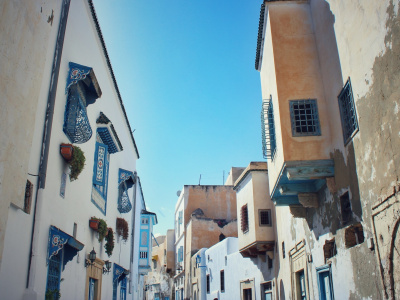
A political economy analysis of the Nacala and Beira corridors
This political economy analysis shows the complex reality of the transport corridors connecting Malawi to the Mozambican coast.
This page is also available in Portuguese.
Summary
While trade and transport costs in Africa are high, those faced in Malawi are higher than in the wider region. International partners are keen to invest in improving trade and transportation, with a view to promoting socio-economic development in the region, but trade and transport are highly political in both Malawi and Mozambique.
This study maps out the different factors and actors that shape current use of the Nacala and Beira corridors connecting Malawi to the Mozambican coast. High-level political relations have fluctuated through time, and though cordial, do not provide a solid basis for improving efficiency along the Nacala rail corridor, with domestic priorities on both sides dominating cross-border cooperation. Thus far, Beira has emerged in Mozambique as the more efficient port serving Malawi and the wider region where state-business relations have aligned with political objectives. Nacala has been made efficient for coal exports but coordination for other trade is lacking, with political interests more geared towards a competition for control of rents. Mozambican road transporters have also the upper hand over Malawian transport, though the market is highly segmented for imports and exports and different goods.
External support to improve efficiency will need to take account of the vested state-business interests round the ports and corridors, particularly in Mozambique, and rekindle multi-actor cross-border coordination mechanisms, ideally including different government bodies, private service providers as well as businesses engaged in exports/imports, and learning from past failures to coordinate better.





